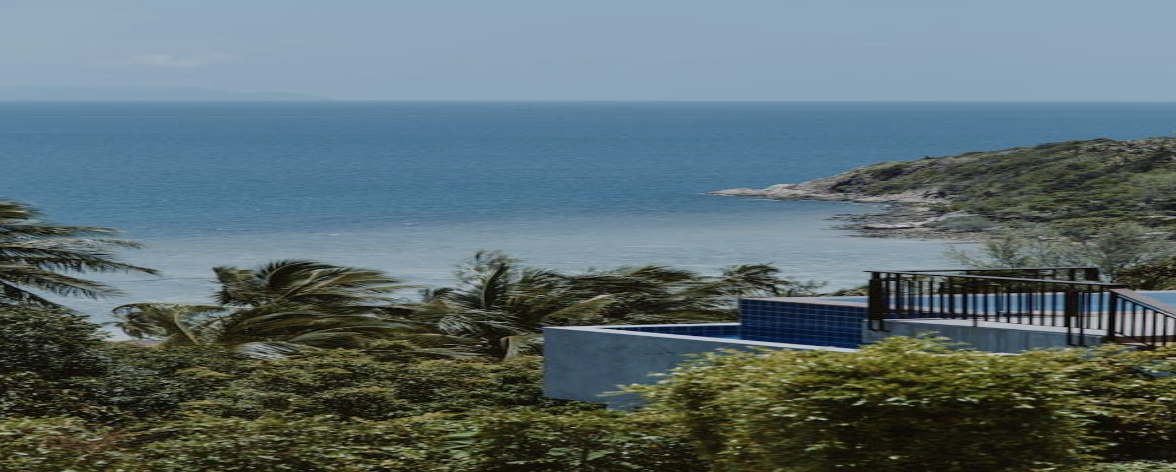The European Union (EU) has been leading the world in the fight against climate change and global warming. The continent has recently introduced two measures that are deemed to significantly affect the firms in Southeast Asia and other developing countries. The first measure is the Carbon Border Adjustment Mechanism (CBAM), and the second one is the EU Deforestation Regulation (EUDR). The EUDR will be officially effective in 2025 and the CBAM in 2026. The application of these two measures would create the biggest challenge for global trade in recent years.
The CBAM, commonly known as the carbon border tax, levies a fee on the carbon emissions associated with certain imported goods and products entering the EU market. This carbon tax applies to some imported commodities used in heavy industry. They include steel, aluminium, fertilizers, and cement. The proposal requires exporters of certain carbon-intensive commodities to document and report their carbon footprints if they want to sell them in the EU market. This new climate regulation is projected to have a significant impact on Southeast Asian firms, as many of them are major exporters of this carbon-intensive item to the EU.
In addition to the CBAM, the EUDR poses hurdles for exporters who make goods on deforested land. Indeed, the EUDR prohibits the sale of products produced on deforested land since 2020 across the continent. The measure focuses on cattle, palm oil, coffee, rubber, soy, cocoa, and timber. This strategy causes problems for farmers in Southeast Asia, especially Malaysia, Indonesia, and Vietnam. Indeed, around 20% of Indonesian and Malaysian palm oil is exported to the EU market. Vietnam also ranks among the continent’s major coffee exporters. This policy also specifies how exporters can verifiably demonstrate that deforestation has not occurred on their current farms. Consequently, the EU has developed some observatory techniques, including satellite observations, to validate manufacturers’ reports.
The CBAM and EUDR represent substantial hurdles for Southeast Asian enterprises since they lack ESG and decarbonization skills and expertise compared to their counterparts in industrialized countries. Indeed, creating an ESG report is a complex undertaking that typically takes years. Furthermore, decarbonization necessitates the adoption of new operating methods, such as investment in green technologies and the transfer to clean energies, both of which have historically been costly. This problem is exacerbated by the fact that businesses in underdeveloped or developing countries typically need more finance and technology.
Author: Quyet Pham, Ph.D.






